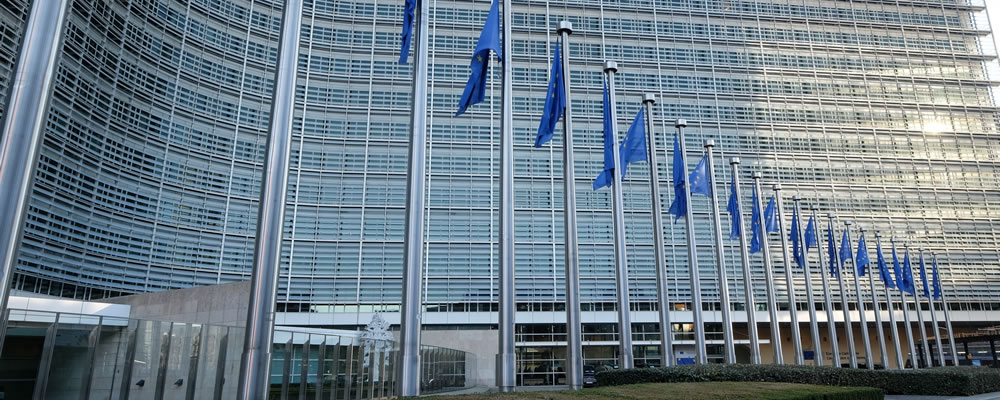Mix of Eurozone Confidence Stats Bring EUR/GBP Exchange Rate Gains
The Euro (EUR) has risen slightly against the Pound (GBP) today, following the release of Eurozone economic confidence data.
Covering July, this has shown higher services sentiment but lower levels of business confidence, economic sentiment and industrial sentiment.
Considering this only a temporary setback for the otherwise strong Eurozone, ING Senior Economist Bert Colijn said:
‘While disappointment with current economic conditions seems to be par for the course at the moment, growth concerns seem to be overstating the current situation somewhat.
‘The outlook for domestic demand remains quite bright with continued employment recovery and some improvements in wage growth.
‘The Eurozone economy has shifted into a lower gear for now, but the expansion does not seem to be at risk.’
In wider Eurozone news, the European Central Bank (ECB) left interest rates at 0% last week as forecast.
Despite this non-event, ECB President Mario Draghi later reassured EUR traders at a press conference where he indicated that a 2019 interest rate hike was still likely.
Pound Sterling to Euro (GBP/EUR) Exchange Rate Drops on BoE Rate Hike Tensions
The Pound (GBP) has made a minor loss against the Euro (EUR) today, before Thursday’s Bank of England (BoE) interest rate decision.
GBP traders are on the fence about whether BoE policymakers will commit to raising interest rates, given a recent spate of poor UK economic data.
This uncertainty has lowered demand for the Pound at present, which accounts for its recent dip against the more desirable Euro.
If BoE Monetary Policy Committee (MPC) members do raise UK interest rates from 0.5% to 0.75% as forecast, then the GBP/EUR exchange rate could rise sharply.
Euro to Pound Exchange Rate Forecast: Are Greater EUR/GBP Gains ahead on German Inflation Data?
The Euro (EUR) could extend its current lead against the Pound (GBP) later on this afternoon, when German inflation rate data comes out.
The preliminary readings for July are predicted to show growth in month-on-month inflation rates from 0.1% to 0.4%, along with both annual figures printing at 2.1%.
A faster pace of German inflation would bode well for an early ECB interest rate hike in 2019, as it could lead to a faster pace of Eurozone price growth.
The ECB’s inflation target is ‘near to but below 2%’, so annual German readings of 2.1% could solidify hopes for an early 2019 hike and boost Euro trading.
Looking further ahead, the next UK economic news will be Tuesday’s early GfK consumer confidence measure.
This reading is expected to reprint at -9 points, which would mean that there are more pessimistic respondents than optimistic ones.
Such a result could improve the EUR/GBP exchange rate early on Tuesday, ahead of potential volatility on later Eurozone inflation and GDP data.



